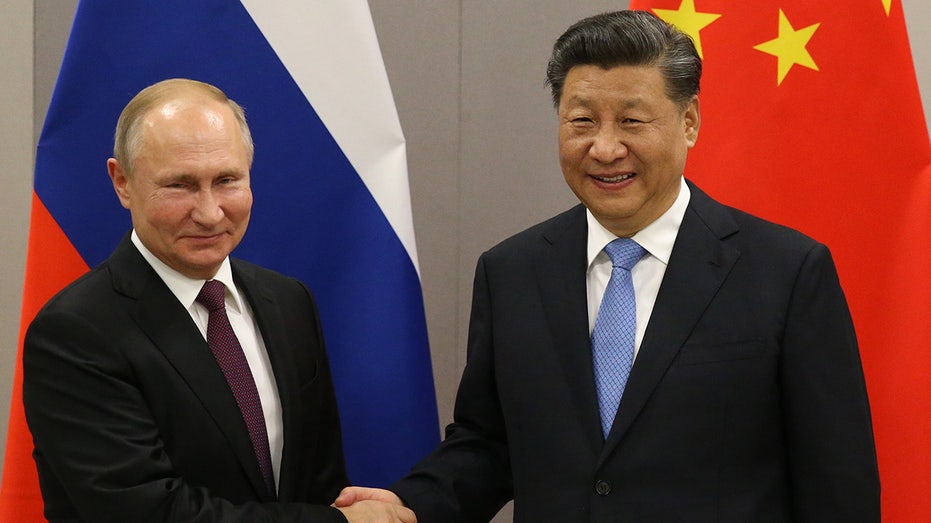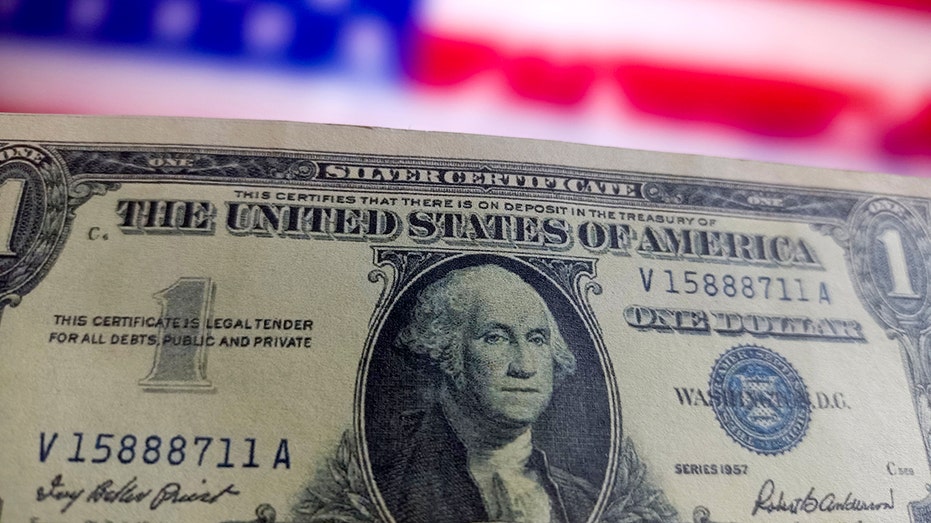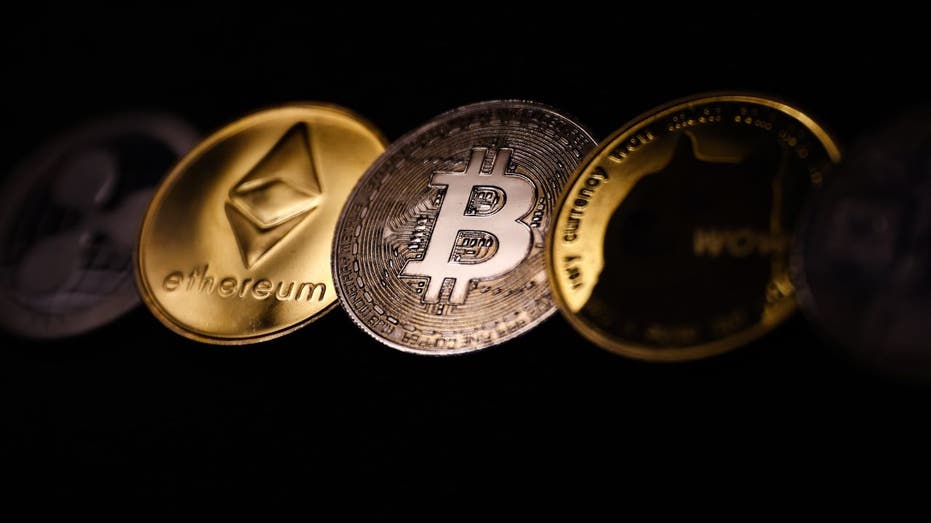Russia, China team up against the US dollar with planned blockchain payment system
The independent BRICS payment system will based on state-of-the-art tools such as digital technologies and blockchain
BRICS nations are greatest threat to the US dollar: Rebecca Walser
Walser Wealth Management President Rebecca Walser discusses what role politics plays in the Feds rate cut decision on Making Money.
The BRICS bloc of countries led by China and Russia are moving ahead with their efforts to move away from the U.S. dollar with an announcement that they plan to create a payment system based on blockchain.
The five-nation BRICS group, which also consists of Brazil, India and South Africa, will work on creating a payment system based on blockchain and digital technologies, Kremlin aide Yury Ushakov said in an interview with Russian agency TASS late Monday.
"We believe that creating an independent BRICS payment system is an important goal for the future, which would be based on state-of-the-art tools such as digital technologies and blockchain," Ushakov said.
"The main thing is to make sure it is convenient for governments, common people and businesses, as well as cost-effective and free of politics," he said.
CHINA-DOMINATED BLOC OFFERS IRAN, SAUDI ARABIA MEMBERSHIP IN MOVE THAT SEEKS TO UNDERMINE US

Russian President Vladimir Putin, left, greets Chinese President Xi Jinping, right, during their bilateral meeting on Nov. 13, 2019, in Brasilia, Brazil. (Mikhail Svetlov/Getty Images / Getty Images)
A blockchain simplifies payments by using a decentralized network where the payment is authenticated in real-time against data contained in a blockchain. Bitcoin and Ethereum are examples of popular blockchain platforms.
The announcement did not go into detail as to what types of blockchain the countries plan on using, although Ushakov reaffirmed the group's goal to increase the role of BRICS in the international monetary and financial system this year.
In the 2023 Johannesburg Declaration, BRICS leaders agreed to increase settlements in national currencies and strengthen correspondent banking networks to secure international transactions.
He said the payment system’s major aim is to decrease the BRICS nations’ dependence on the U.S. dollar and to develop the Contingent Reserve Arrangement (CRA), an agreement among the BRICS' central banks for mutual support during a sudden currency crisis. The CRA is generally seen as a competitor to the International Monetary Fund (IMF).

The BRICS countries are looking to move away from the dollar. (CFOTO/Future Publishing via Getty Images / Getty Images)
FEDEX FOUNDER FRED SMITH: U.S. RECORD DEBT ‘UNSUSTAINABLE’
"Work will continue to develop the Contingent Reserve Arrangement (CRA), primarily regarding the use of currencies different from the U.S. dollar," he said.
The group’s South African ambassador Anil Sooklal warned last year that the dollar’s global dominance would end.
"The days of a dollar-centric world is over. That's a reality. We have a multipolar global trading system today," Sooklal said.
The bloc was formed in 2009, with its stated mission being to restructure "the global, political, economic and financial architecture to be more equitable, balanced and representative."
It has railed against the U.S. government’s "weaponization" of the U.S. dollar by levying economic sanctions on countries that Washington does not agree with politically.

Representations of cryptocurrencies such as Bitcoin and Ethereum. (Jakub Porzycki/NurPhoto via Getty Images / Getty Images)
GET FOX BUSINESS ON THE GO BY CLICKING HERE
Economic sanctions have been employed by the U.S. for decades. Cuba, for instance, has been sanctioned for more than 60 years and Iran for more than 40.
Following Putin’s invasion of Ukraine two years ago, the U.S. seized $600 billion of Russia’s central bank’s assets in U.S. dollars. In addition, the Russian economy was cut off from SWIFT, the international money transfer system.
More than 40 countries have expressed interest in joining the bloc in an effort to reduce the currency risk and bypass U.S. sanctions, if necessary. These aspirants include nations such as Iran, Saudi Arabia, Egypt and Indonesia.





















